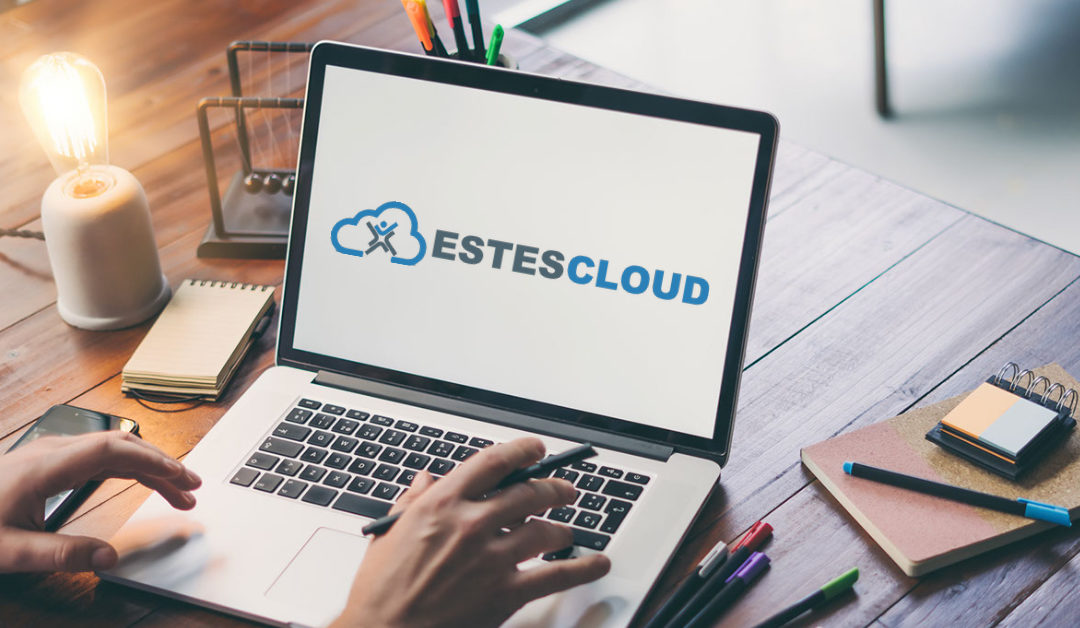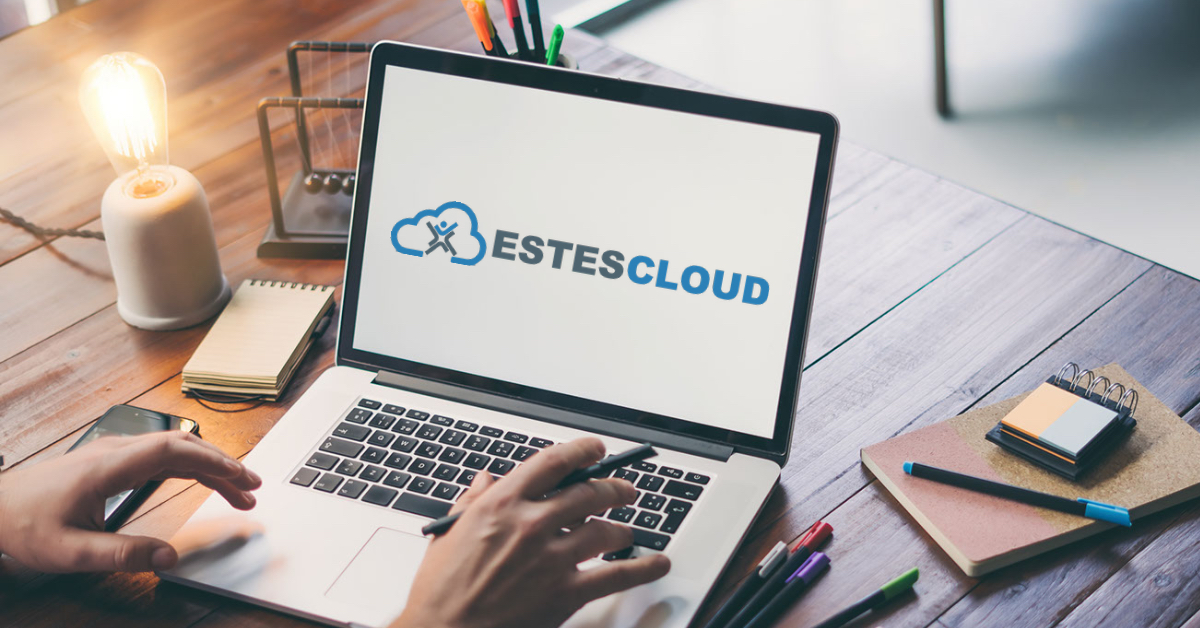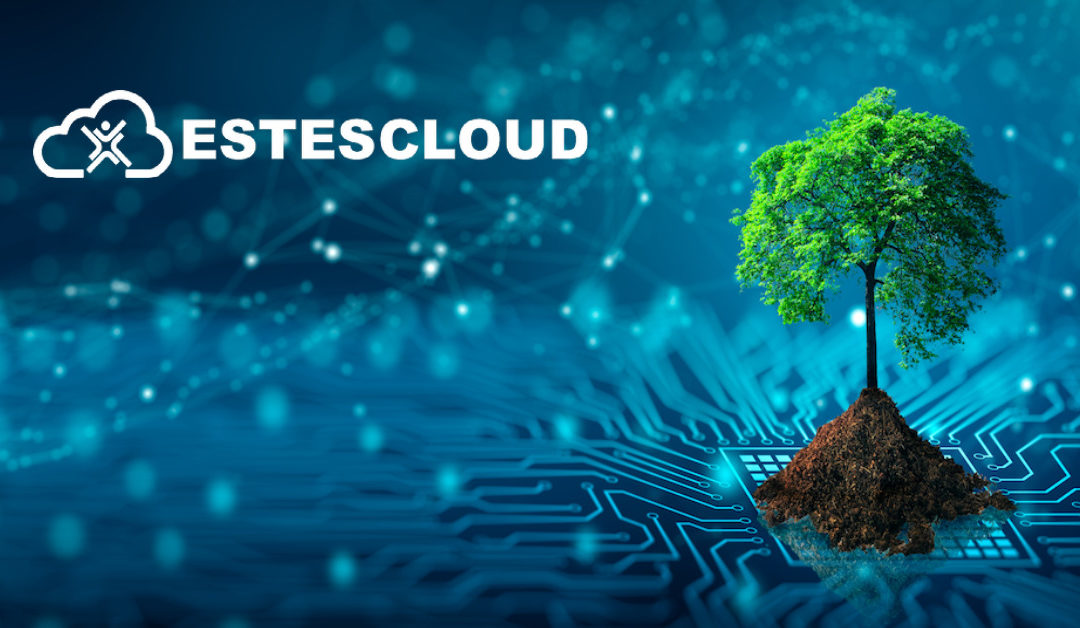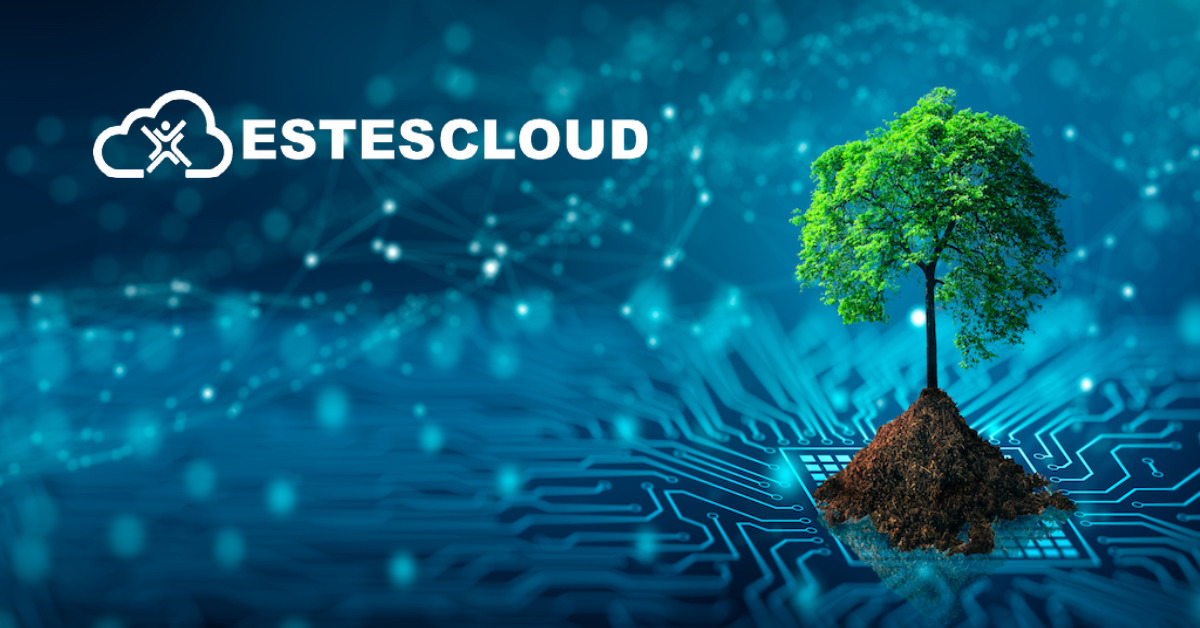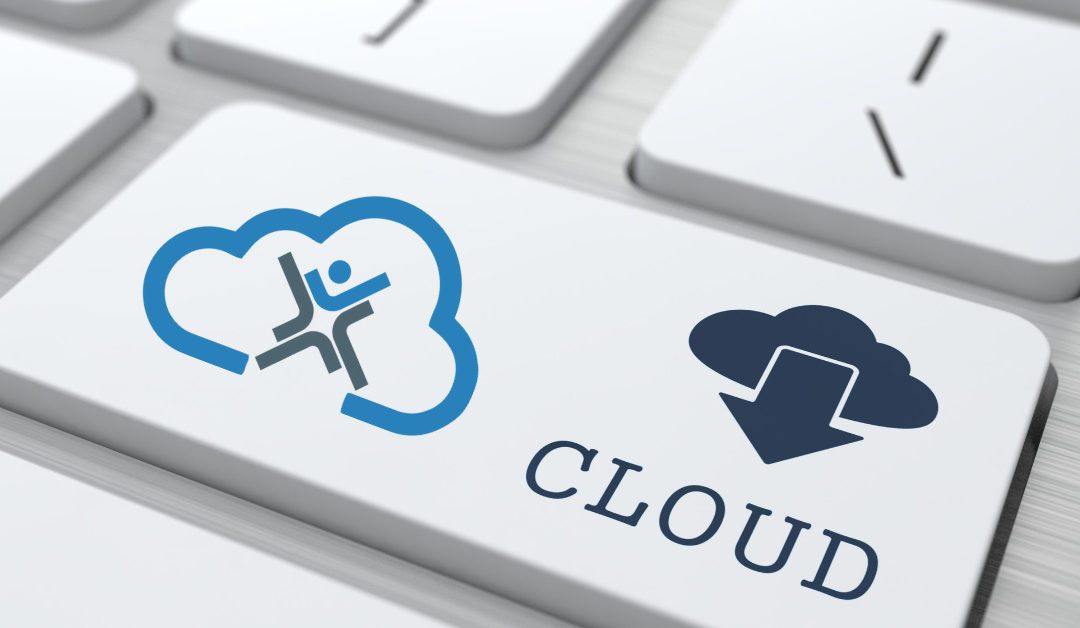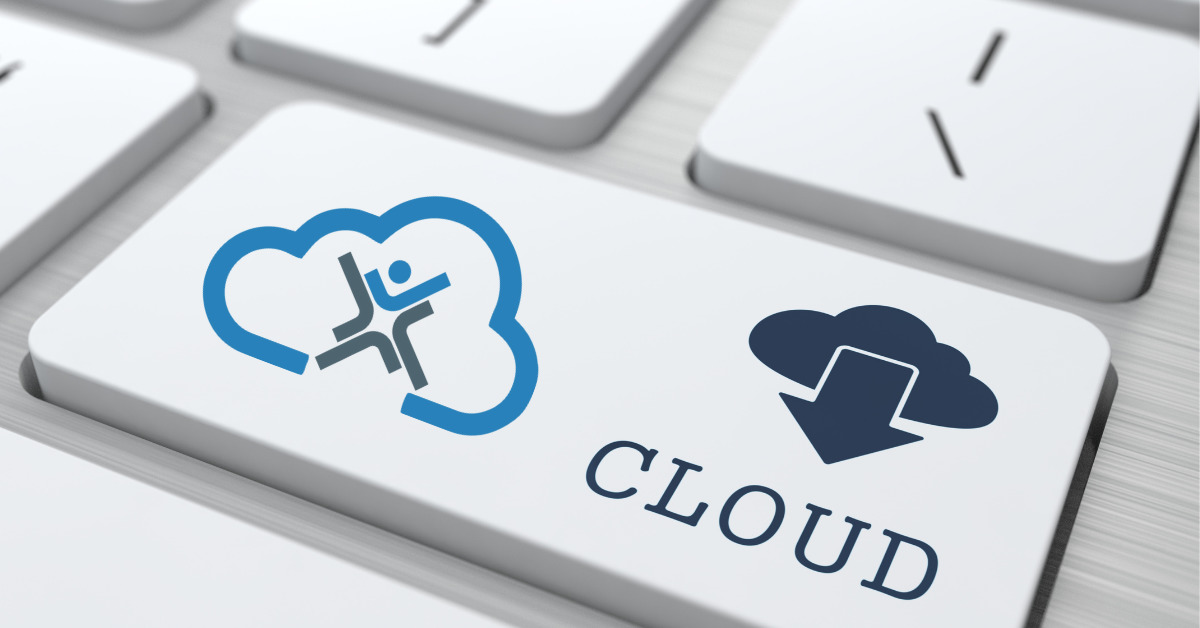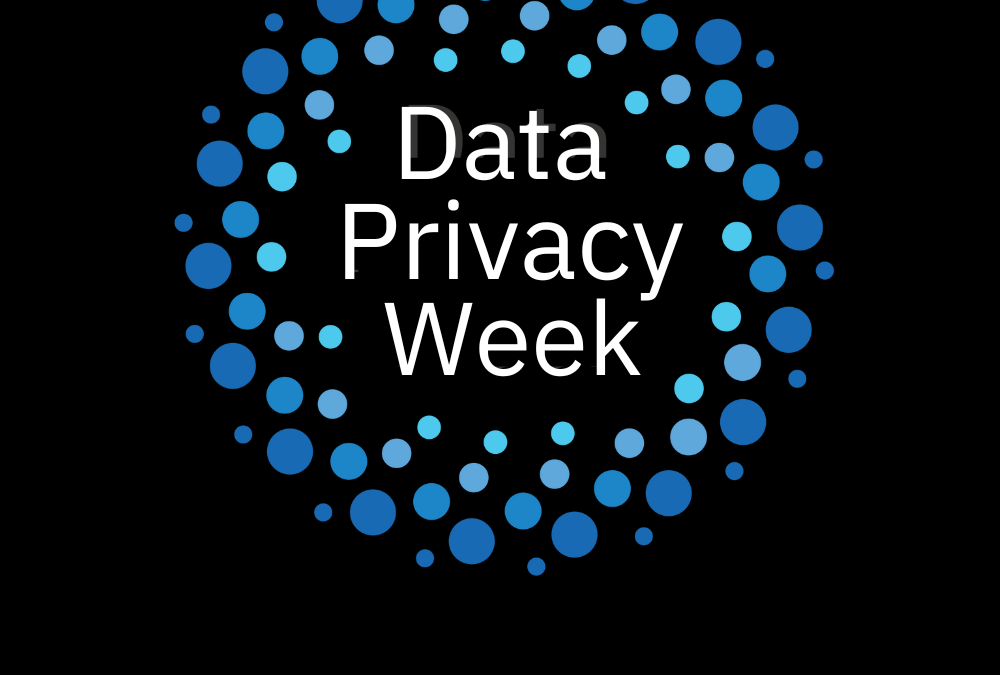
How to Respect Data Privacy in 2023
Data Privacy Week is an annual expanded effort from Data Privacy Day — taking place from January 22 – 28, 2023. The goal of Data Privacy Week is to spread awareness about online privacy among individuals and organizations. The goal is twofold: to help citizens understand that they have the power to manage their data and to help organizations understand why it is important that they respect their users’ data.
As a Data Privacy Week Champion, EstesGroup recognizes and supports the principle that all organizations share the responsibility of being conscientious stewards of personal information.
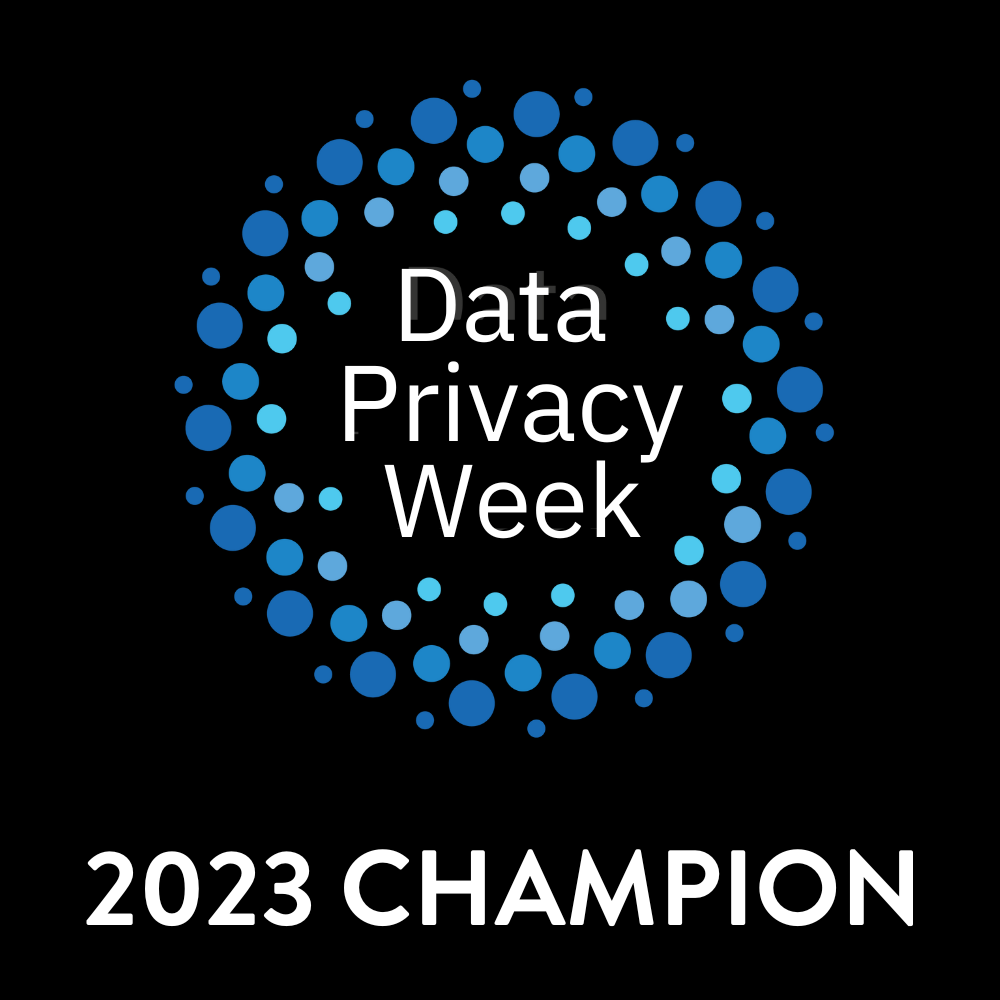
Data Privacy in 2023: The Story of You that You Wish to Tell
All of your online activity generates a trail of data. Websites, apps, and services collect data on your behaviors, interests, and purchases. Sometimes, this includes personal data, like your Social Security and driver’s license numbers. It can even include data about your physical self, like health data – think about how a smartwatch counts and records how many steps you take. If you are a company owner, you hold the responsibility of protecting your employees and customers by keeping your business data private with the help of cybersecurity solutions that follow compliance regulations.
While it’s true that you cannot control how each byte of data about you and your family is shared and processed, you are not helpless! In many cases, you can control how you share your data with a few simple steps. Remember, your data is precious, and you deserve to be selective about who you share it with!
How Businesses Can Respect Data Privacy
Respecting the privacy of your customers, staff, and all other stakeholders is critical for inspiring trust and enhancing reputation. According to the Pew Research Center, 79% of U.S. adults report being concerned about the way their data is being used by companies. By being open about how you use data and respecting privacy, you can stand out from your competition.
Be transparent about how you collect, use, and share consumers’ personal information. Think about how the consumer may expect their data to be used. Design settings to protect their information by default. Communicate clearly and concisely to the public what privacy means to your organization, as well as the steps you take to achieve and maintain privacy.
About Data Privacy Week
Data Privacy Week began as Data Privacy Day in the United States and Canada in January 2008 as an extension of the Data Protection Day celebration in Europe. Data Protection Day commemorates the Jan. 28, 1981, signing of Convention 108, the first legally binding international treaty dealing with privacy and data protection. NCA, the nation’s leading nonprofit, public-private partnership promoting cybersecurity and privacy education and awareness, leads the effort in North America each year.
About the National Cybersecurity Alliance
The National Cybersecurity Alliance is a non-profit organization on a mission to create a more secure, interconnected world. We advocate for the safe use of all technology and educate everyone on how best to protect ourselves, our families, and our organizations from cybercrime. We create strong partnerships between governments and corporations to amplify our message and to foster a greater “digital” good.



